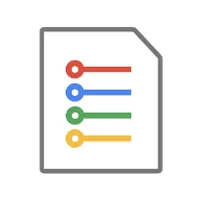Selenium is a powerful tool that has been making waves in the realm of web automation. It offers a range of capabilities that enable users to handle various web-related tasks with ease.
At its core, Selenium automates browsers. This simple yet profound functionality opens up a world of possibilities. While it is predominantly used for automating web applications for testing purposes, its applications extend far beyond that. For instance, those mundane and time-consuming web-based administration tasks can be automated using Selenium, saving both time and effort.
Selenium WebDriver is a crucial component. If you aim to create robust, browser-based regression automation suites and tests, and also scale and distribute scripts across multiple environments, then Selenium WebDriver is what you need. It consists of language-specific bindings that drive a browser in the most efficient way, allowing for seamless automation across different setups.
Another useful aspect is Selenium IDE. If you're looking to create quick bug reproduction scripts or scripts to assist in automation-aided exploratory testing, Selenium IDE comes to the rescue. It is a handy Chrome, Firefox, and Edge add-on that enables simple record-and-playback of interactions with the browser, making it easier to identify and address issues.
Selenium Grid is also worth mentioning. When you want to scale by distributing and running tests on several machines and manage multiple environments from a central point, Selenium Grid is the way to go. It simplifies the process of running tests against a vast combination of browsers and operating systems, ensuring comprehensive testing coverage.
In conclusion, Selenium is a versatile tool that has proven its worth in the field of web automation. Whether it's for testing, task automation, or other web-related activities, it provides users with the means to achieve their goals more efficiently and effectively.

